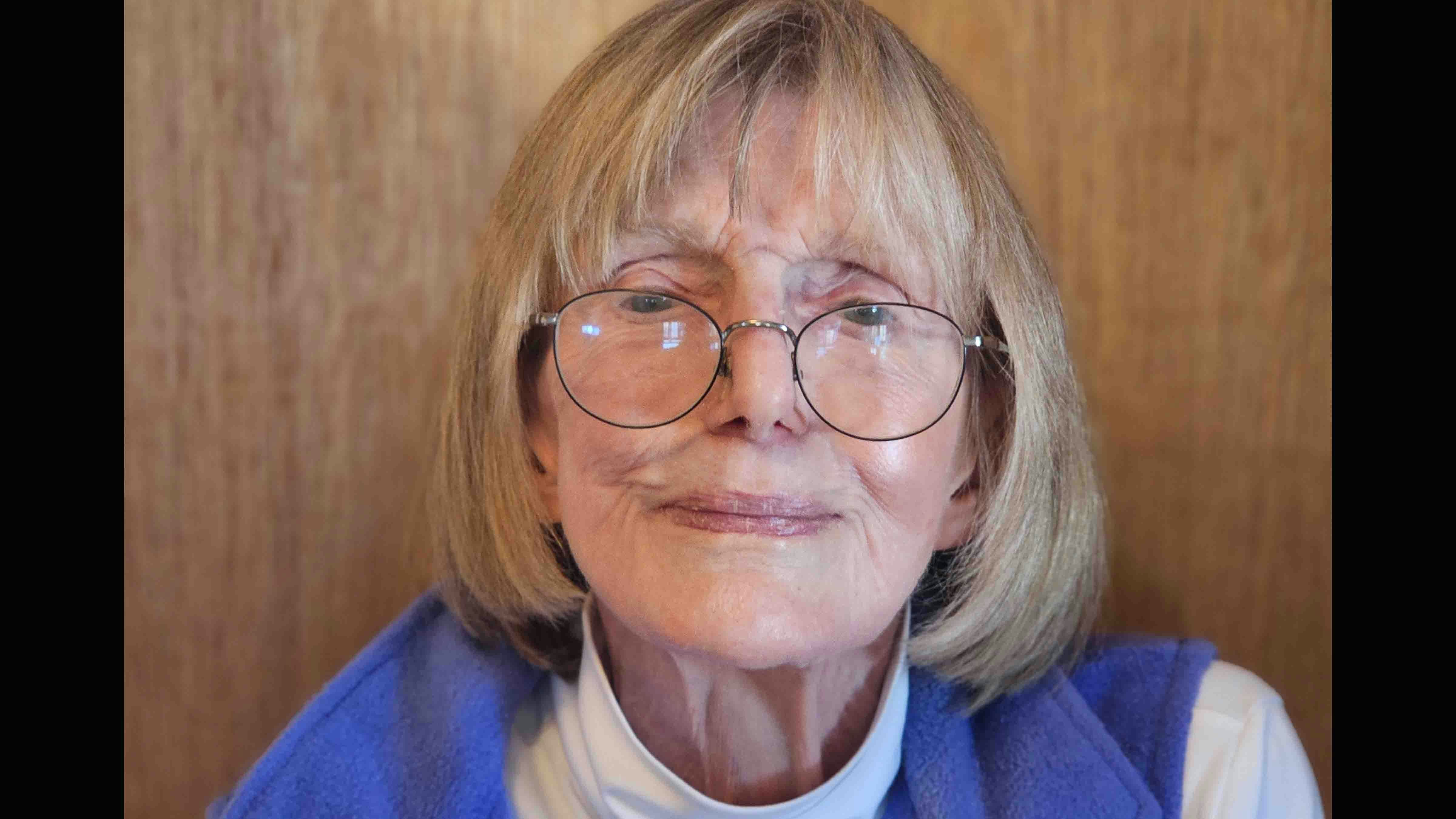CHEYENNE — One of my pipe dreams has always been to be an English graduate student with no financial worries.
I would spend my days attending classes and studying the giants of English and American literature.
I would spend the nights at a downtown cafe or bar, preferably in Paris, where I would meet with other English majors to argue over our literary preferences.
I would try to convince them that F. Scott Fitzgerald was a better writer than Ernest Hemingway. It was Fitzgerald’s soul and heart versus Hemingway’s stylization; the short narrative.
Or whether Thomas Wolfe’s long sentences don’t seem as rich as when we first discovered his work as teenagers.
Or why we love or cannot dig Willam Faulkner and James Joyce.
You get the picture.
It seemed like a great life as a student.
But English majors don’t do all that well in the regular job market unless they get a Ph.D and nab a teaching job.
And those can be rare.
Universities are faced with the decline in English and other humanities majors in colleges nationwide and worldwide.
The trend is to engineering, business and science courses.
I’ll bet your average plumber makes more money than a regular English graduate.
And that may be one reason more people than ever are questioning whether college is worth the time and expense.
Part of the reason is the incredible cost.
An article in “The New Yorker” magazine in February, 2023 said the crisis for the English major came quickly and started even before the Covid-19 pandemic.
“From 2012 to the start of the pandemic, the number of English majors on campus at Arizona State University fell from 953 to 578,” the article said.
The numbers also showed that the humanities studies in general suffered a significant drop. For example, graduate enrollment in women’s studies at Arizona State University declined by 80 percent.
Meanwhile a new book by Karin Klein “Rethinking College; A Guide to Thriving Without a Degree,” said that $37,853 is the average federal student loan debt.
It would take up to 20 years for students to pay off this debt with no guarantee that a four year degree will get them a high paying job.
As of July, she wrote, the unemployment rate for people between the ages of 16 and 24 was 9.1 percent, more than double the national average.
Klein is an advocate for apprentice training for some students who are unsure why they would go to college in the first place.
She makes a good point for students taking a year off to decide their future before embarking on a four-year college course.
On a personal note, I took a year off after high school. I had a scholarship to a community college but it was more oriented for secretaries and teachers.
Not for me.
During my year off, I worked one summer in the office of a furniture store.
Being the summer sub I learned how to file records, be a cashier and run the switchboard (which I already knew having worked a year in high school for Ma Bell and was still working there part time in the evenings.)
At the end of summer, the manager offered me a permanent job on condition I quit moonlighting for Ma Bell.
I refused his offer. I don’t think his condition that I quit my night job was legal, but I was a naive teenager. Anyway, I found office work boring.
My next job was nurse’s aid at the local hospital. That was a job I found not boring at all.
So I worked full time at Ma Bell (also boring), turned down a promotion there, saved my money so I could enroll in the nursing school at University of Iowa hospitals.
It was a year well spent.
Klein, a Pulitzer-prize winning journalist for the Los Angeles Times, emphasizes her respect for the need of philosophers and a liberal arts education.
But she also emphasizes he need for young people to have a goal when they enter a four-year college.
Pipe dreams count, too.
Contact Joan Barron at 307-632-2534 or jmbarron@bresnan.net





